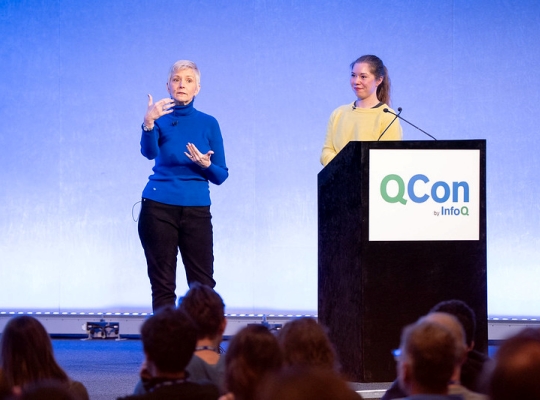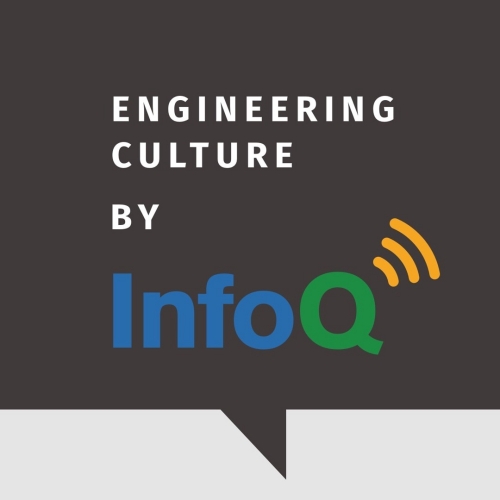Codetown
Codetown ::: a software developer's community
OrlandoJUG ::: Reactive Spring
Join us for a Reactive Spring talk featuring Miguel Mendez.
Miguel Mendez is a software engineer from Orlando Florida. He currently works for FlexEnage as a Lead Developer.
With more than 20 years of experience in the business he is passionate about web technologies, user experience and distributed systems.
As a Domain Driven Design practitioner he believes in the importance of understanding the core domain in order to build useful software.
Reactive programming has been getting lots of attention lately, Projects like Reactive Extensions (Rx) library in the .NET, RxJS, RXJava, and lately Project Reactor have brought Reactive programming into the main scene. Reactive programming is basically programming with asynchronous data streams.
Spring 5 (first milestone June 2016) has reactive features built into it, including tools for building HTTP servers and clients.
We will see a very familiar programming model using annotations to decorate controller methods to handle HTTP requests, for the most part handing off the dispatching of reactive requests and back pressure concerns to the framework. We will also take a look at a more functional way of building web applications on Spring.
Tags:
Replies to This Discussion
-
Permalink Reply by Michael Levin on July 26, 2019 at 6:17am
-
Notes
Welcome to Codetown!
 Codetown is a social network. It's got blogs, forums, groups, personal pages and more! You might think of Codetown as a funky camper van with lots of compartments for your stuff and a great multimedia system, too! Best of all, Codetown has room for all of your friends.
Codetown is a social network. It's got blogs, forums, groups, personal pages and more! You might think of Codetown as a funky camper van with lots of compartments for your stuff and a great multimedia system, too! Best of all, Codetown has room for all of your friends.
Created by Michael Levin Dec 18, 2008 at 6:56pm. Last updated by Michael Levin May 4, 2018.
Looking for Jobs or Staff?
Check out the Codetown Jobs group.
InfoQ Reading List
Presentation: The Friction Fix: Building Collaborative Relationships Between Teams

Diana Montalion and Cat Morris discuss why large-scale transformations often fail, pinpointing six systemic friction points. They explain how architects can drive change by understanding organizational systems, designing knowledge flow, and architecting relationships. They argue that focusing on outcomes, managing resistance, and adopting a learning-driven mindset are critical to success.
By Cat Morris, Diana MontalionxAI Releases Grok Code Fast 1, a New Model for Agentic Coding

xAI introduced grok-code-fast-1, a model developed specifically for agentic coding workflows.
By Daniel DominguezGoogle Spanner Unifies OLTP and OLAP with Columnar Engine

Google Spanner now features a columnar engine, allowing its distributed database to handle both OLTP and OLAP workloads on a single platform. This hybrid architecture eliminates the need for separate data warehouses and ETL pipelines. The engine's columnar storage and vectorized execution accelerate analytical queries up to 200x on live data, which is especially beneficial for AI applications.
By Steef-Jan WiggersPodcast: The Evolution of Code Review: From Bug-Finding to Team Building

In this podcast, Shane Hastie, Lead Editor for Culture & Methods, spoke to Greg Foster about the evolution and purpose of code reviews, building teams with kindness, expertise, and urgency, and how AI tools are changing software development.
By Greg FosterArticle: Virtual panel: How software engineers and team leaders can excel with artificial intelligence

Artificial intelligence is impacting the individual work of software developers, how professionals work together in teams, and how software teams are being managed. In this panel, we'll discuss how artificial intelligence is reshaping software development, and what mindset and skills are required for software developers and engineering leaders to become adaptable and resilient in the age of AI.
By Ben Linders, Courtney Nash, Mandy Gu, Hien Luu
© 2025 Created by Michael Levin.
Powered by
![]()